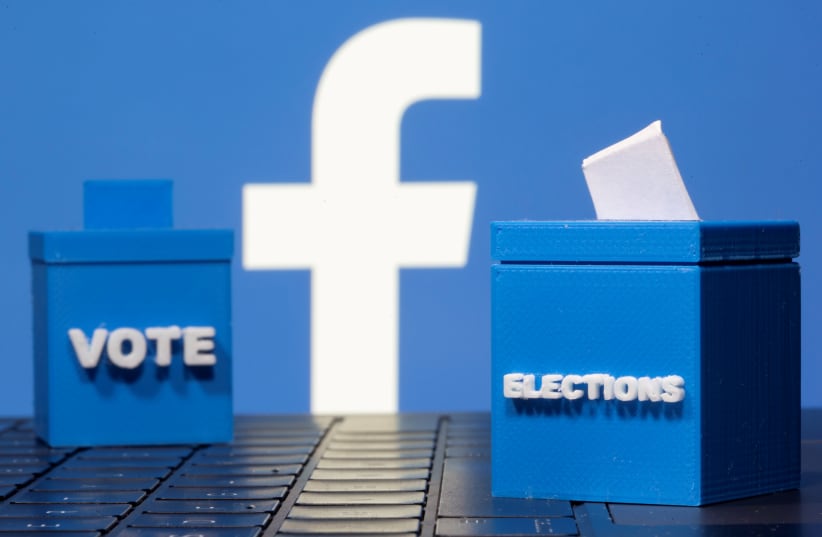Facebook, swamped with misinformation, extends political ad ban
The ban, one of Facebook's measures to combat misinformation, was supposed to last about a week but would likely last another month, raising concerns from campaigns in Georgia eager to reach voters.
